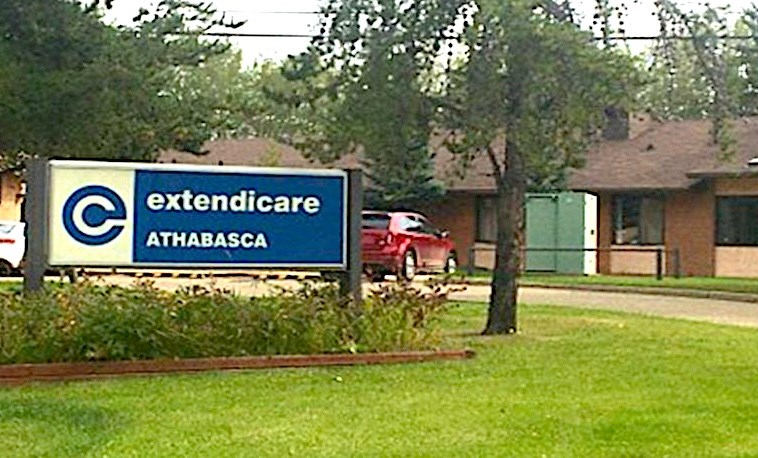One of the largest for-profit continuing care home operators in Alberta received more than $8.85 million in wage subsidies from the provincial government while the company also paid out tens of millions to shareholders.
Between 2020 and 2023, Alberta Health transferred over $8.85 million in subsidies to Extendicare as part of a $2 wage top-up for health care aides at contracted continuing care facilities during the COVID-19 pandemic, according to documents obtained through an access-to-information request.
During this same period, Extendicare paid out over $10 million per quarter, or more than $40 million per year, to shareholders, the company’s shareholder reports show.
Despite incurring additional costs related to the COVID-19 pandemic, the company managed to stay profitable. At the beginning of the pandemic in May 2020, the average share was valued at $5.42. By May 2023, each share was worth $7.19.
In total, Extendicare reported receiving $257.5 million in COVID-19 relief funds from various provincial governments from 2020 to 2023.
“This highlights the problems in the for-profit model, as too much money is taken out of direct care and given to shareholders,” said Lori Sigurdson, Alberta NDP critic for seniors issues, continuing care, and home care.
“In the non-profit and public models, funds go to operations, which is where they should go. Again, vulnerable seniors are not receiving the care they need due to funds being diverted to shareholders in the for-profit model.”
A spokesperson for the health minister's office said continuing care operators who took the wage subsidy had financial reporting requirements to ensure the money made it to the intended staff.
The $2 wage top-up program ended in June 2023. These funds are now integrated into regular operations funding.
The additional funding and flow-through investment from the Government of Alberta "went directly to increased hours and wages for the dedicated health care aides across the long-term care sector,” a spokesperson for Extendicare said in an emailed statement.
“Our homes deliver publicly funded health care, like all long-term care homes in Canada. Funding received by government is both provided by and used with dedicated purposes, under the direct oversight of government,” they said.
Concerns about abuse and care standards
In recent years, the Alberta office that investigates abuse in care homes has recorded a shocking increase in the reported cases of abuse, neglect, and injury at provincially funded facilities.
In 2023-24, the Protection for Persons in Care (PPC) program responded to three times more reports of abuse than the previous year. Experts say this increase is being driven by chronic understaffing.
The operator with the most founded allegations of abuse in 2023 was Extendicare. Seven of these incidents were categorized as “failure to provide the necessities of life,” when serious bodily harm results from a service provider not giving a client adequate food, medical attention, or otherwise neglecting a client’s needs.
Extendicare has previously been implicated in several complaints and allegations of abuse in Alberta, including allegations of rationing of diapers at a care home in Athabasca and the death of a woman in Viking from dehydration and a urinary tract infection. Staff at the Viking facility told investigators they were too overworked to properly care for the resident.
“The care, comfort and safety of our residents is our most important responsibility, which is why we thoroughly investigate and report any incidents and fully cooperate with the appropriate authorities, including the Protection for Persons in Care Office (PPCO),” an Extendicare spokesperson said.
The spokesperson added in all but one of the incidents investigated in 2023, “the PPCO indicated the home had independently taken the appropriate action to follow up and resolve any issues.”
Sigurdson said the situation with Extendicare demonstrates the importance of oversight and enforcement regarding the operations in continuing care.
“We understand that site inspections (standard of two a year) are not being carried out in many facilities. The consequences of this are that vulnerable seniors are receiving substandard care that inhibits their well-being,” she said.
“The UCP needs to fulfill on their responsibility of oversight and enforcement.”
A health spokesperson said protecting seniors in continuing care is a top priority for Alberta’s government, and the Continuing Care Act and regulations establish a range of enforcement mechanisms that can be brought against operators, such as conditions on their licence, administrative penalties, or stop orders.
“We will continue holding operators accountable to ensure seniors receive the care they deserve,” the Alberta Health spokesperson said.




